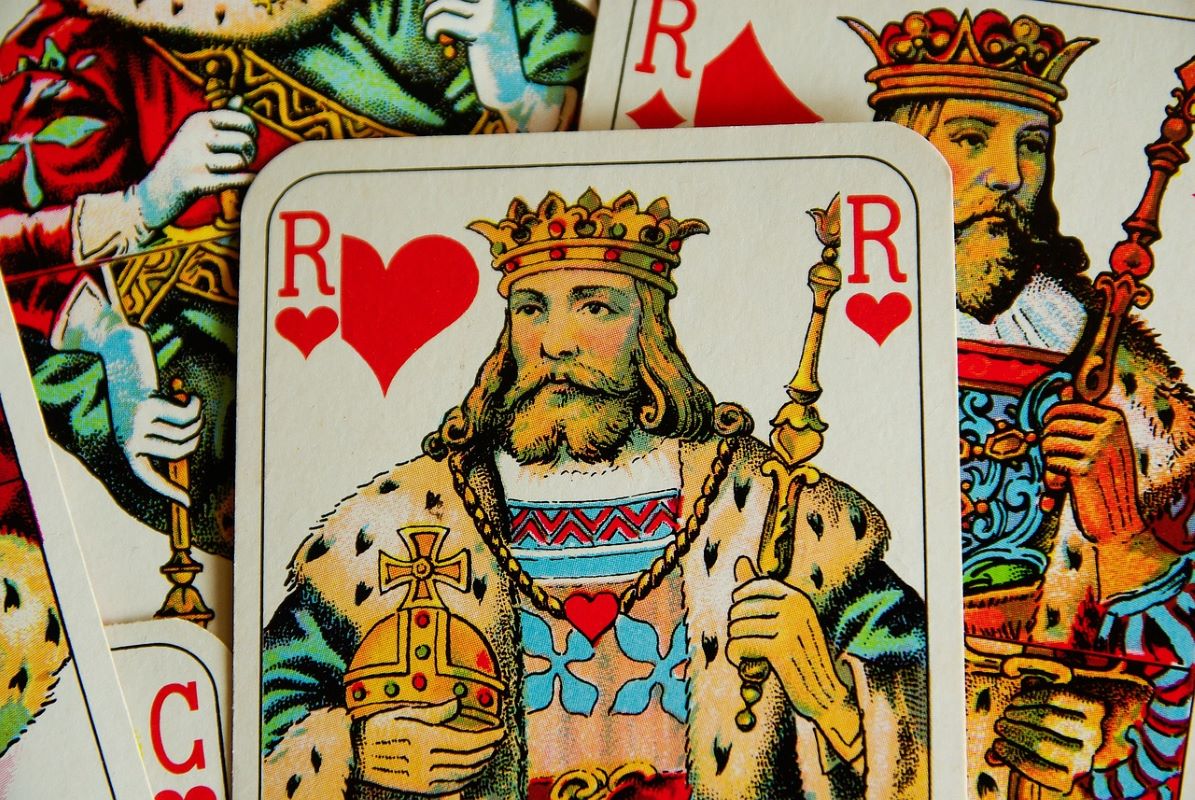For centuries, card games have provided entertainment, bringing people of various ages together for amusement, tactics, and some friendly rivalry. Whether you’re sitting around a kitchen table playing a traditional game like Poker or indulging in a modern trading card game (TCG) like Magic: The Gathering, card games offer endless possibilities for engagement. Many enthusiasts visit their local hobby shop to pick up the latest Magic: The Gathering cards, expanding their collections and fine-tuning their decks. Let’s explore the timeless appeal of card games, the variety of formats they come in, and how they’ve adapted to modern technology and gaming trends.
The Classic Appeal of Traditional Card Games

Traditional card games, such as Poker, Bridge, Rummy, and Solitaire, have been around for generations and continue to maintain their popularity. One of the key reasons for their enduring appeal is their simplicity. All you need is a standard deck of 52 cards and the rules of the game, making them easily accessible and portable. Games like Poker and Bridge offer rich strategic depth and encourage social interaction, which has kept them relevant for decades.
Additionally, traditional card games have a strong cultural presence. For many, they’re associated with family gatherings, game nights, and friendly competitions. The versatility of a simple deck allows players to create numerous variations, ensuring that card games never grow stale.
The Rise of Modern Trading Card Games (TCGs)
While traditional card games maintain their charm, the rise of modern trading card games (TCGs) has introduced a whole new dimension to card gaming. Games like Magic: The Gathering, Yu-Gi-Oh!, and Pokémon have revolutionized the way people engage with cards. In a TCG, players build their own decks from a pool of available cards, each with unique abilities and characteristics, leading to endless combinations and strategies.
What sets TCGs apart is their blend of collectibility and gameplay. Players not only enjoy the thrill of competition but also the excitement of acquiring rare and powerful cards. With booster packs, expansions, and special editions regularly being released, TCGs offer a dynamic experience that constantly evolves.
Magic: The Gathering is a prime example of a TCG that has captivated millions since its creation in the early 1990s. Players duel against each other using decks they’ve constructed, and the game’s rich lore, complex strategies, and expansive universe make it appealing to both casual players and competitive gamers.
Card Games in the Digital Age
Card games have seamlessly transitioned into the digital world, opening up new avenues for engagement. Online platforms like Hearthstone and Magic: The Gathering Arena have successfully digitized the TCG experience, making it more accessible to players who may not have the opportunity to visit physical game shops. Digital card games retain the same strategic depth and fun of physical card games, but with the added convenience of playing on mobile devices or computers.
Online multiplayer options and frequent updates keep digital card games fresh, allowing players to compete against others worldwide. Additionally, these platforms often incorporate unique mechanics that aren’t possible with physical cards, such as randomized effects, animated cards, and interactive environments, offering a richer experience.
The Social and Mental Benefits of Card Games
Beyond providing entertainment, card games offer numerous cognitive and social benefits. They help to sharpen mental skills such as critical thinking, memory, and problem-solving. Games like Poker and Magic: The Gathering require players to think several moves ahead, anticipate their opponents’ actions, and adjust strategies on the fly, all of which improve mental agility.
Socially, card games foster camaraderie, whether you’re playing face-to-face or online. They provide a shared activity that encourages communication, teamwork, and healthy competition. Even solo games like Solitaire or digital card games can offer a sense of achievement and personal challenge.
Collecting as a Hobby
For many, the appeal of card games goes beyond playing. The hobby of collecting cards has gained significant traction, especially with the rise of TCGs. Rare cards, particularly those in pristine condition, can become highly sought after by collectors. Whether for nostalgic reasons, investment purposes, or simply the joy of owning something rare, the act of collecting adds another layer to the card game experience.
For example, Dragon Shield sleeves and other protective gear are often used by collectors to safeguard their valuable cards. Having the right storage solutions can keep cards in mint condition, ensuring they retain their value over time.
Card Game Tournaments and Competitive Play
The competitive aspect of card games has given rise to tournaments and leagues, where players from around the world compete for prestige and prizes. Both traditional card games like Poker and modern TCGs like Magic: The Gathering and Pokémon have robust competitive scenes. Major tournaments draw huge crowds, and prize pools can reach substantial amounts, making card gaming more than just a casual hobby for some players. These events not only reward top players but also foster a community where enthusiasts can share tips, trade cards, and celebrate their love of the game.
Card games, whether traditional or modern, continue to be an essential part of gaming culture. Their simplicity, strategic depth, and ability to bring people together make them timeless. As new formats emerge and digital platforms expand their reach, the world of card games will undoubtedly keep growing. Whether you’re a casual player, a serious competitor, or a passionate collector, there’s a card game out there for everyone.



